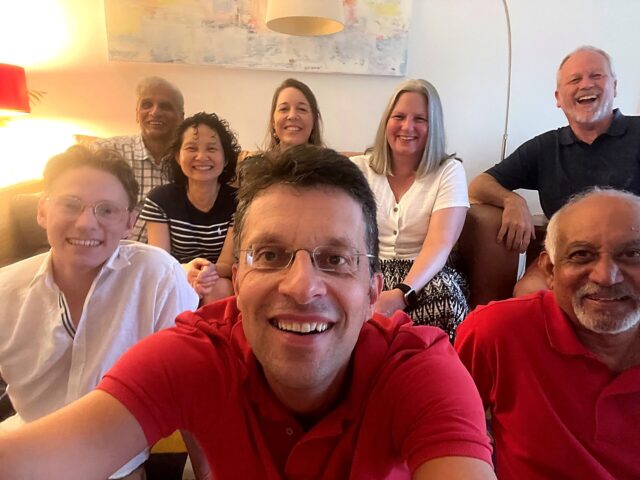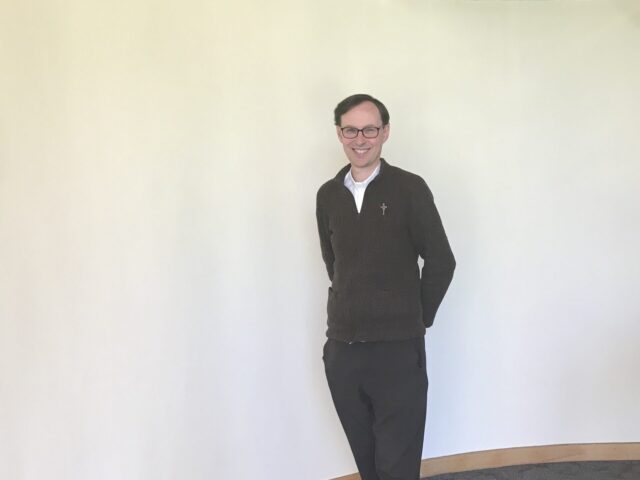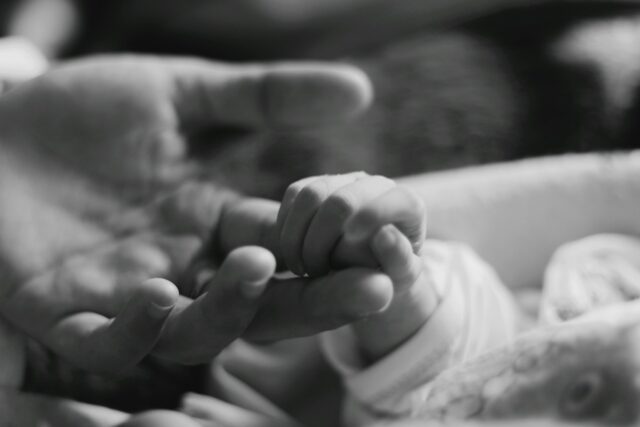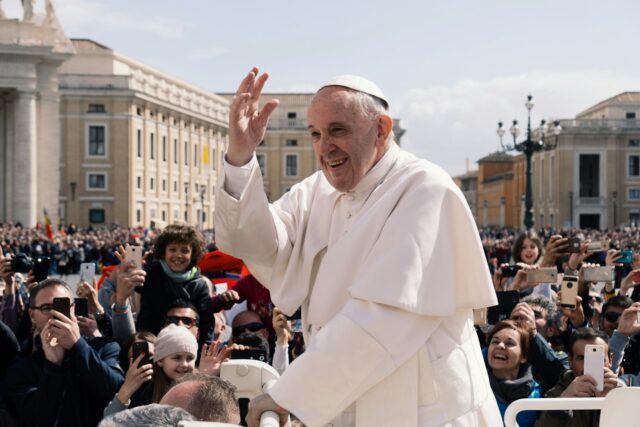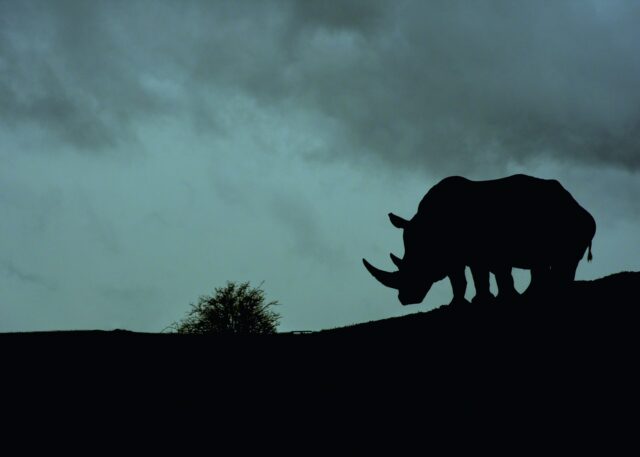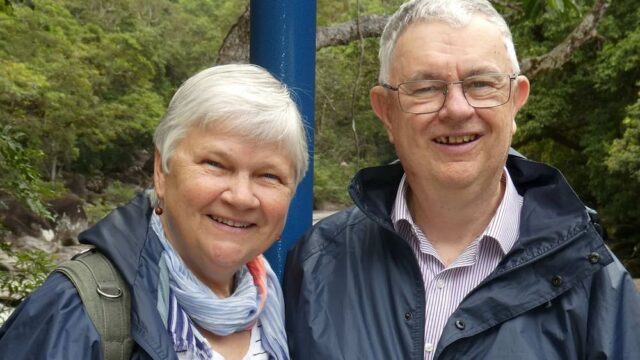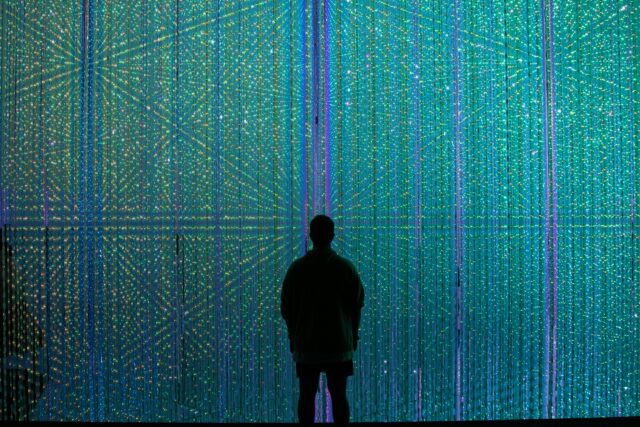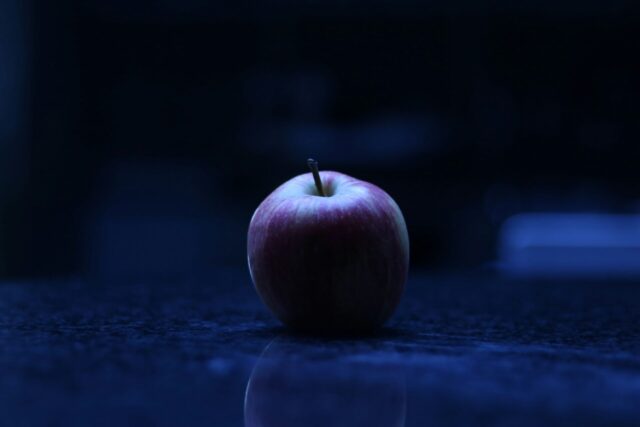


This article has been written by A/Prof. Alan Gijsbers (Addiction Physician and former President of ISCAST) in response to Peter Stork’s recent article “Wisdom as Interdisciplinary Space for Science and Theology.”
A following response from Peter Stork can be found below this article.
I greatly enjoyed reading Peter Stork’s recent article “Wisdom as Interdisciplinary Space for Science and Theology”. This was heightened as Peter expounded Jürgen Moltmann’s science and wisdom. I found great resonance with my own thinking on the role of science and wisdom in the study and practice of clinical medicine. I would like to make the following observations stimulated by Stork’s paper.
- Rather controversially I have been struck by the introductory verses of the book of Proverbs which describes the distilling of wisdom into proverbs, adages, riddles, and wise words. Soundbites more akin to Instagram and Facebook than learned papers like those on the ISCAST website!
- Stork’s paper covers very similar ground covered by Tom McLeish in his Faith and Wisdom in Science[1]. It would be good if Peter and Tom could be in dialogue to see how together they would work towards developing a theology of science, and the role of wisdom in the development of that theology.
- I would have liked to have seen a fuller discussion of the history of the development of science, and the contribution the Christian faith has had in the development of the scientific enterprise. I think of the discussion through John Polkinghorne’s works that the Christian faith provided the metaphysical underpinning of science in that Christianity recognised that the world was the work of God, that it was rational, contingent, consistent, and universal. The world was worth studying because it was created by God and therefore good, and that it was not part of God hence it was not sacred, but also, because it was created by God, humankind had to grapple with it to determine what is. It did not yield its secrets by simple rationalism, it needed to be confirmed by experiment. It is a provocative thesis but does not adequately describe the role of Islam in the development of western science.
- The history of science and its interaction with the Christian faith is more complicated and interesting than the myths of either conflict or confluence. Different historical models have been put forward but the myth of the rise of science through the enlightenment, as suggested by Stork, is probably the thinnest. It would be worth grappling with ISCAST fellow Peter Harrison’s The Bible, Protestantism, and the Rise of Natural Science[2] to follow the provocative thesis that a change in the way Scripture was interpreted, moving from a symbolic approach to a grammatico-historical approach, changed the way nature was studied. This then led to a major change in the way natural history was seen and understood. Here theology, and in particular, theological methodology, changed scientific methodology.
- I would like to have seen Stork grapple more with the impact of Johannes Kepler’s faith on his approach to cosmology; to grapple with the development of the Royal Society of England; on the role people of faith, and especially Puritans had, in the development of science; of the role of thinkers in the next century, Lyall (father of geology), William Whewell (coiner of terms like scientist, physicist, contributor to The Bridgewater Treatises), and how their faith affected their scientific enterprise. I would like to have seen how the faith of James Clerk Maxwell led him to carve Psalm 111:2 in the vulgate into the doors of the old Cavendish laboratory in Cambridge[3], and of the impact of faith on Michael Faraday’s physics.
- Having got his head around Harrison’s attractive thesis I would have liked Stork to be confronted by John Hedley Brooke’s thesis in both his Science and Religion[4] and in his Reconstructing Nature[5] (with Geoffrey Cantor) that there is no one large story in history about the interaction between science and religion, only some theses which can be contradicted by counter-factuals. Having explored the conflict, separationist, complementary and conducive, models, Brooke declares, “Serious scholarship in the history of science has revealed so extraordinarily rich and complex a relationship between science and religion in the past that general theses are difficult to sustain. The real lesson turns out to be complexity.”[6]
- In asking for theology to be the source of the wisdom science needs, sceptics might ask, whose theology, and even why theology, and more particularly, what sort of theology would help the practising scientist practice their science wisely? Clearly Reformed theology which narrowly systematically expounds the biblical text through the narrow lens of individual personal salvation, will be found wanting. On the other hand there are those within the Christian community who feel obliged to become a Christian Lobby Group bringing a conservative lens onto political decision. How within all the gaggle of voices can we as Christians in science and technology find a wise community within which to learn the fear of the Lord and the relevance of that fear to our daily scientific practice? And having found that wise community, how do we live out these wise values in a secular pluralistic society, and find common eirenic grounds with fellow scientific practitioners from very different persuasions?
Stork has been very provocative. I thank him deeply for that. I am still working on what he has said but appreciate very much the Moltmannian hope in which he has couched his paper.
Peter has responded to Alan’s article with the following reply, completing our correspondence for this Opinion Piece.
I want to thank Alan Gijsbers for his words of appreciation and his stimulating comments on my opinion piece “Wisdom as Interdisciplinary Space between Science and Theology” on the ISCAST website. To me, several aspects stand out.
Alan’s grasp on the many issues the science/theology discourse presents in our time is far beyond mine even today, let alone ten years ago when the paper was first presented. As his comments suggest, Alan would have written a far more comprehensive and nuanced paper had he been in my shoes.
At the same time, I am certain that Alan presented his desiderata not so much to highlight omissions but to draw once again attention to the width, breadth, and depth of ISCAST’s task. I, for one, gained from his comments a deeper appreciation of its many dimensions. To use an analogy, this task presents itself in our time like a cumulus cloud with a finite shape yet with an infinite perimeter that, with successive magnifications at increasingly smaller scales, leads to ever unfathomable depths.
Lastly, those who lean towards a perception that the scope of my paper was too limited given the intricacies of my topic may wish to consider the audience—a group of scientists from a thoroughly secular university with at best a marginal interest in theology (as the ensuing discussing made clear). Again, I want to thank Alan for paying me the compliment of a broadbased and thoughtful response.
[1] McLeish, T. Faith and Wisdom in Science. Oxford University Press, 2014. See my review https://iscast.org/journal/McLeish_Alan_Gijsbers_Review
[2] Harrison, P. The Bible, Protestantism, and the Rise of Natural Science. Cambridge University Press, 2009.
[3] Berry, R. J. “The Research Scientist’s Psalm.” Science and Christian Belief 2008;20:147-161.
[4] Brooke, J. H. Science and Religion: Some Historical Perspectives. Cambridge University Press, 1991.
[5] Brooke, J. H. and Cantor G. Reconstructing Nature: The Engagement of Science and Religion. Oxford University Press, 1998.


